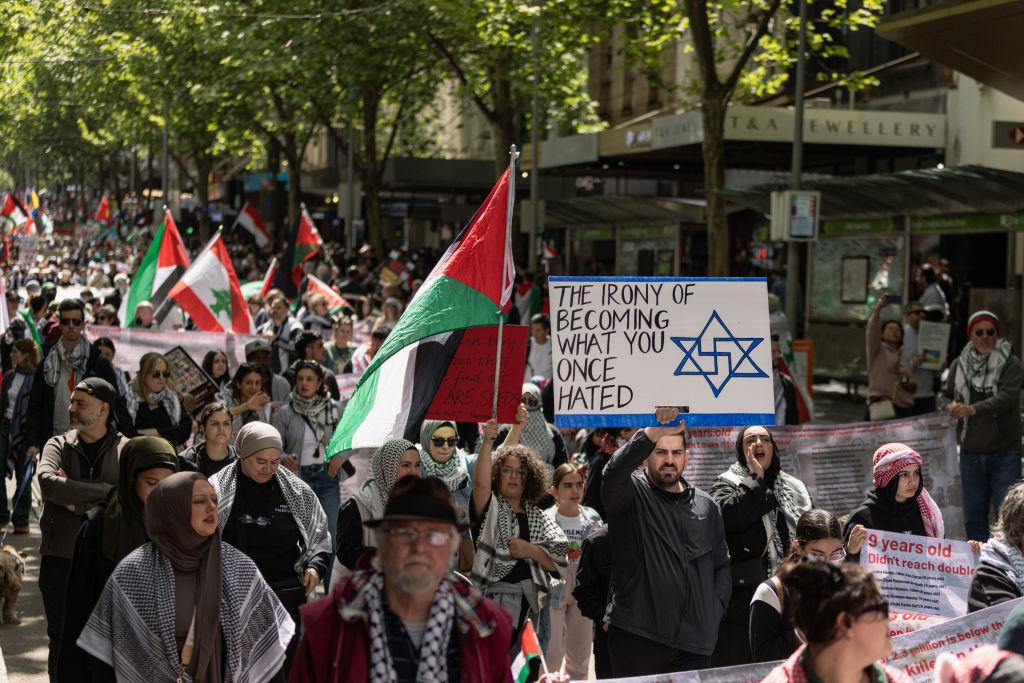Two men could face jail time after allegedly waving a Nazi flag inside a Darlinghurst pub, just metres from Sydney’s Jewish Museum.
The pair, aged 44 and 51, were arrested on the afternoon of Feb. 7 after police were called to the venue.

Two men could face jail time after allegedly waving a Nazi flag inside a Darlinghurst pub, just metres from Sydney’s Jewish Museum.
The pair, aged 44 and 51, were arrested on the afternoon of Feb. 7 after police were called to the venue.